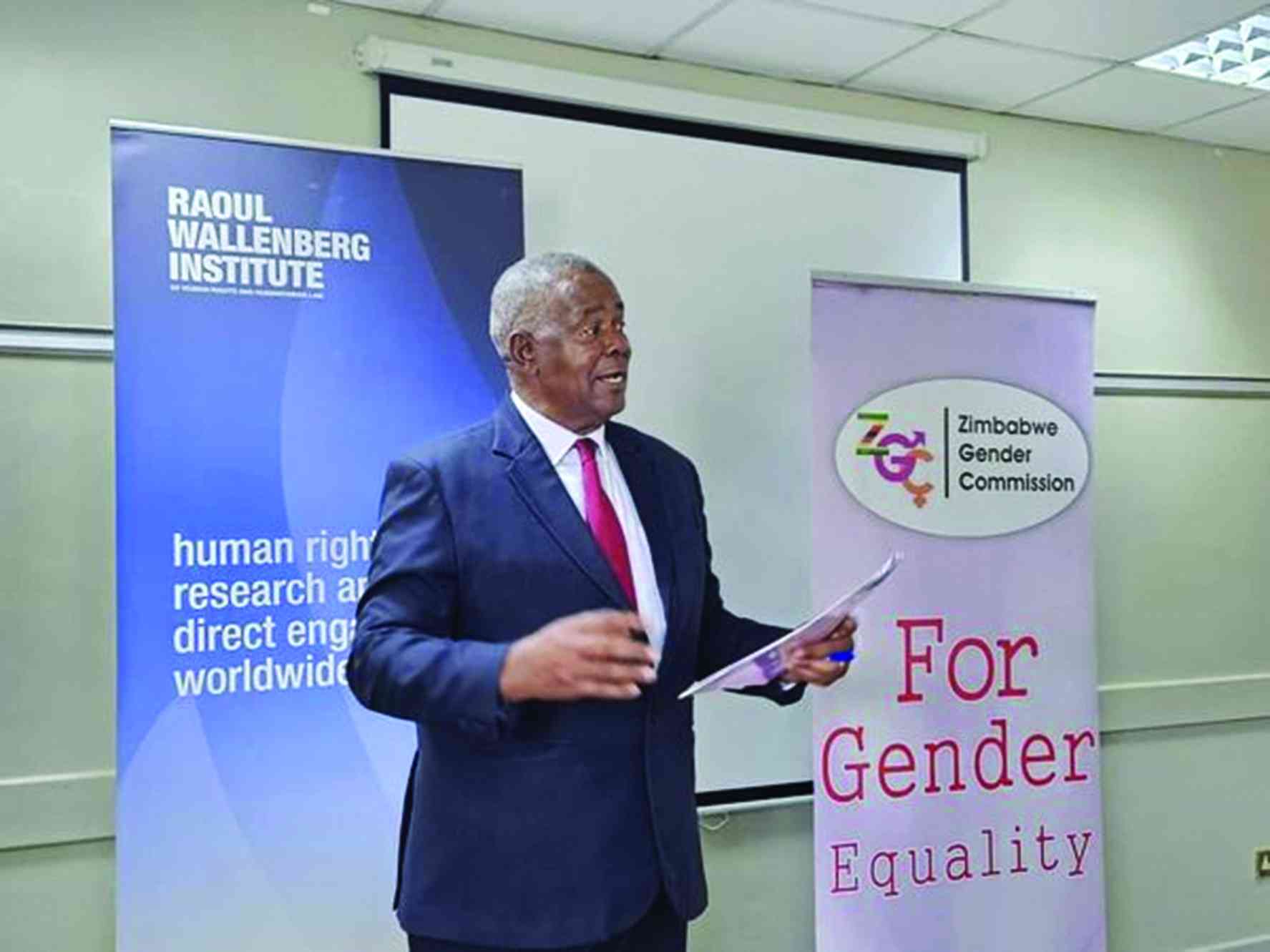
APPROXIMATELY 1,8% cases of men's suicide have been linked to gender-based violence (GBV), according to reports by the World Health Organisation (WHO)'s Prevention and Management of Mental Health in 2018.
The patriarchal society has a belief that GBV is mostly perpetrated on women and girls and not taking into consideration that men are also victims of GBV, which negatively impacts their social functioning and mental well-being.
Speaking during the International Blended Conference on the 21st Century Male Figure in Africa in Harare on Wednesday this week, Zimbabwe Gender Commission acting chairperson Obert Matshalaga said men were hesitant to report GBV or seek psychological held due to the patriarchal society they live in.
“Consequently, they resort to harmful coping mechanisms, such as drug and substance abuse. In severe cases, leading to suicides,” he said.
The conference, which ended yesterday, was held under the theme From Boys to Men: Gender Empowerment and Equality in Africa.
It was also aimed at highlighting the plight of boys and men in contemporary Africa and Zimbabwe in particular.
“The overall responsibility of the commission is to facilitate the promotion of gender equality as well as ensuring that the gender equality provisions of the Constitution are adhered to,” Matshalaga said.
“The commission draws its mandate from section 246 of the Constitution to monitor issues concerning gender equality to ensure gender equality as provided for in the Constitution, investigating possible violations of rights relating to gender, receive and consider complaints from the public and to take action in regard to the complaints to ensure gender equality.”
- Making every day that of activism against GBV
- 16 days not enough, says Ruvheneko
- Churches best positioned to deal with GBV
- The style interview: Tozeza Baba addresses gender-based violence
Keep Reading
He highlighted the need to pay more attention on boys and men in today’s society, who are often overlooked.
“Boys and men often go undiagnosed of depression because of societal pressures linked to masculinity, making it tough for them to open up about their feelings and seek psychosocial support services,” Matshalaga said.
He said gender equality was not only a “women’s issue”, but a community issue to be addressed in the name of gender balance.
“We need to challenge the existing stereotypes ‘man up’, ‘boys don’t cry’ and ‘stop acting like a girl’ which are common phrases boys are likely to hear in society.
“This societal expectation for boys and men to show toughness often leads them to internalise their struggles and avoid seeking help or support when they are experiencing mental health challenges,” Matshalaga said.
He said men should be responsible and active participants in eradicating GBV challenges.
“We need to involve everyone particularly men and boys in changing social norms, attitudes and behaviours that contribute to gender-based violence. Experience has shown that working with men, as partners, is critical to the prevention of and or response to GBV.”










